I went there to present a work in progress paper titled: "Authoritarian learning: Morocco during the Arab Uprisings" at the panel: Logics and Legitimacy in State Formation.
The papers presented at this panel were quite diverse and covered case studies from the Gulf (Barhain, Qatar, UAE) to Iraq, Oman and Morocco. They were all trying to come to grasp with legitimation strategies in those authoritarian regimes. Although looking into very different phenomena and means applied by the rulers: From coordinated settlement and the provision of goods to ideology and reinterpretation of national history, in order to assure the loyalty of citizens or even non-citizens as in the case of migrant workers in the Gulf. All in all the presentations at the panel were interesting but as it was a total of five papers there was unfortunately only little time left for a discussion afterwards.
In general the line-up at MESA of scholars working on topics I am primarily interested in, such as authoritarianism in the MENA Region, transition in Tunisia, contentious politics and protest under authoritarian rule and the Syrian conflict was quiet impressive. I tried to see many panels in order to hear some of the researchers that I have been reading and citing since the beginning of my graduate studies. In that respect the congress was a great opportunity to engage with other scholars working on similar topics or the same cases and exchange ideas, arguments and experiences.
Especially interesting was the roundtable on researching contentious politics in the region in which sociologists studying social movements and political scientists focusing on authoritarian governance engaged. Besides an interesting methodological debate on variable based vs experience based research and related why and how questions, the discussion went on to the problems of account evidence and post-script rationalization of events by interviewees. I also really liked the statement by one of the presenters who said: "After the Arab Uprisings Middle Eastern scholars are in the spotlight of the social sciences, but we have to decide what to do with this opportunity." In my opinion researchers of the region should pave the way for a more mechanism oriented approach to the social sciences in times of contentious politcs. This to some extend of course is a plea for more esxperience based research engaging with the field in order to complement the (predominant) model based attempts of conceptualizing authoritiarian politics. This is definately one of the driving motivations behind my work.
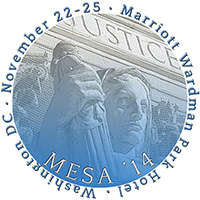
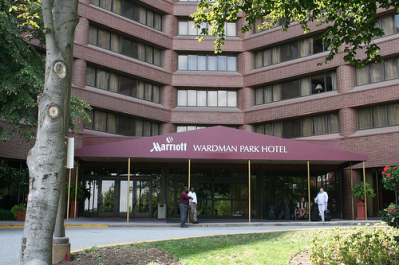


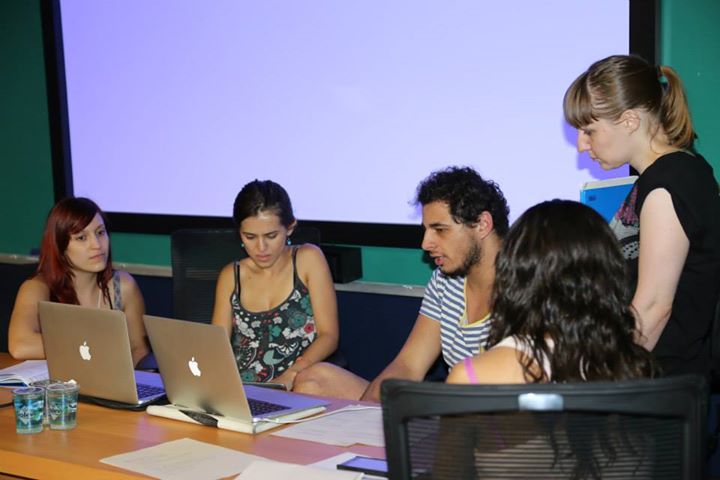
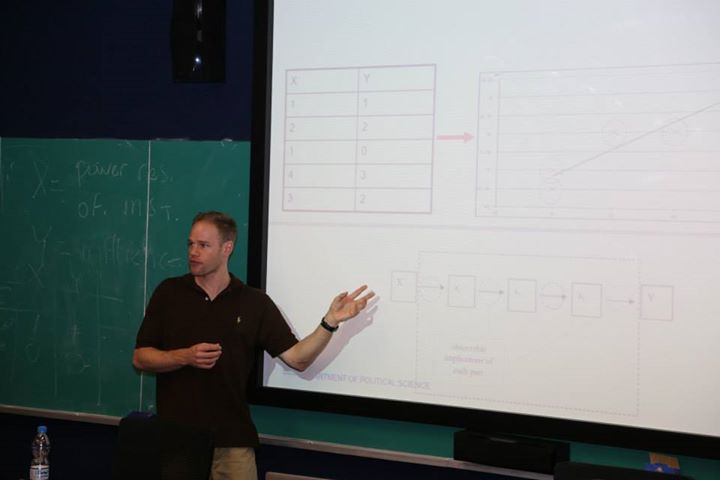
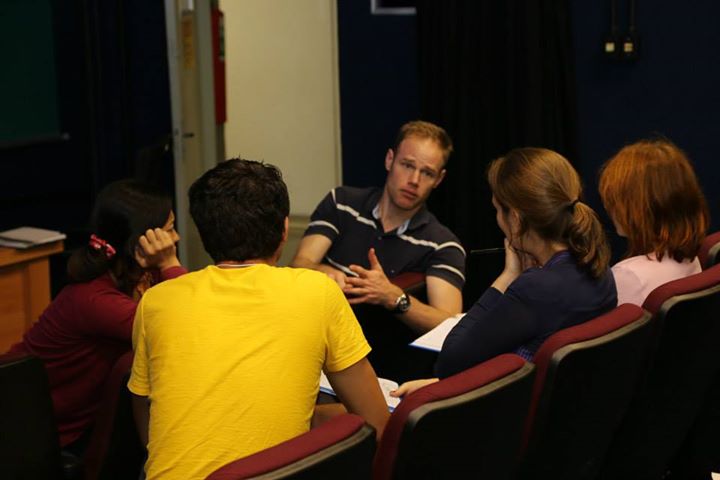
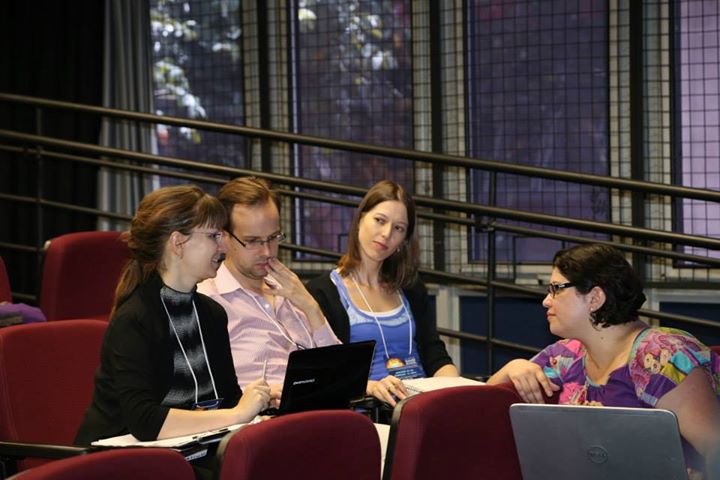
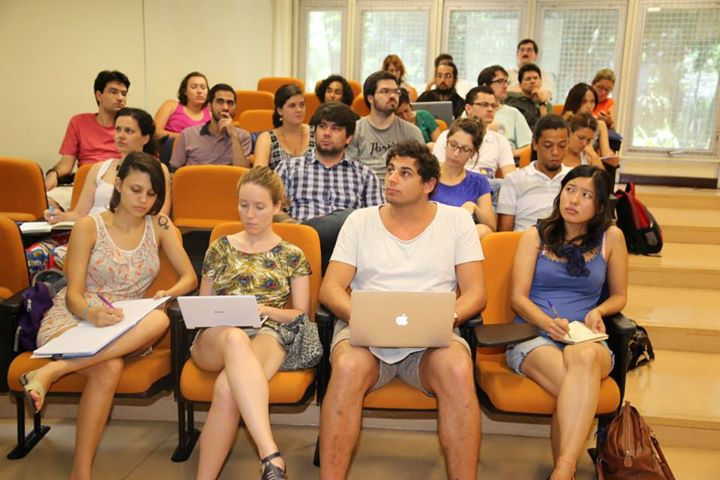
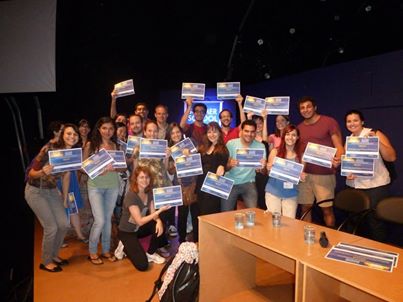
 RSS Feed
RSS Feed
